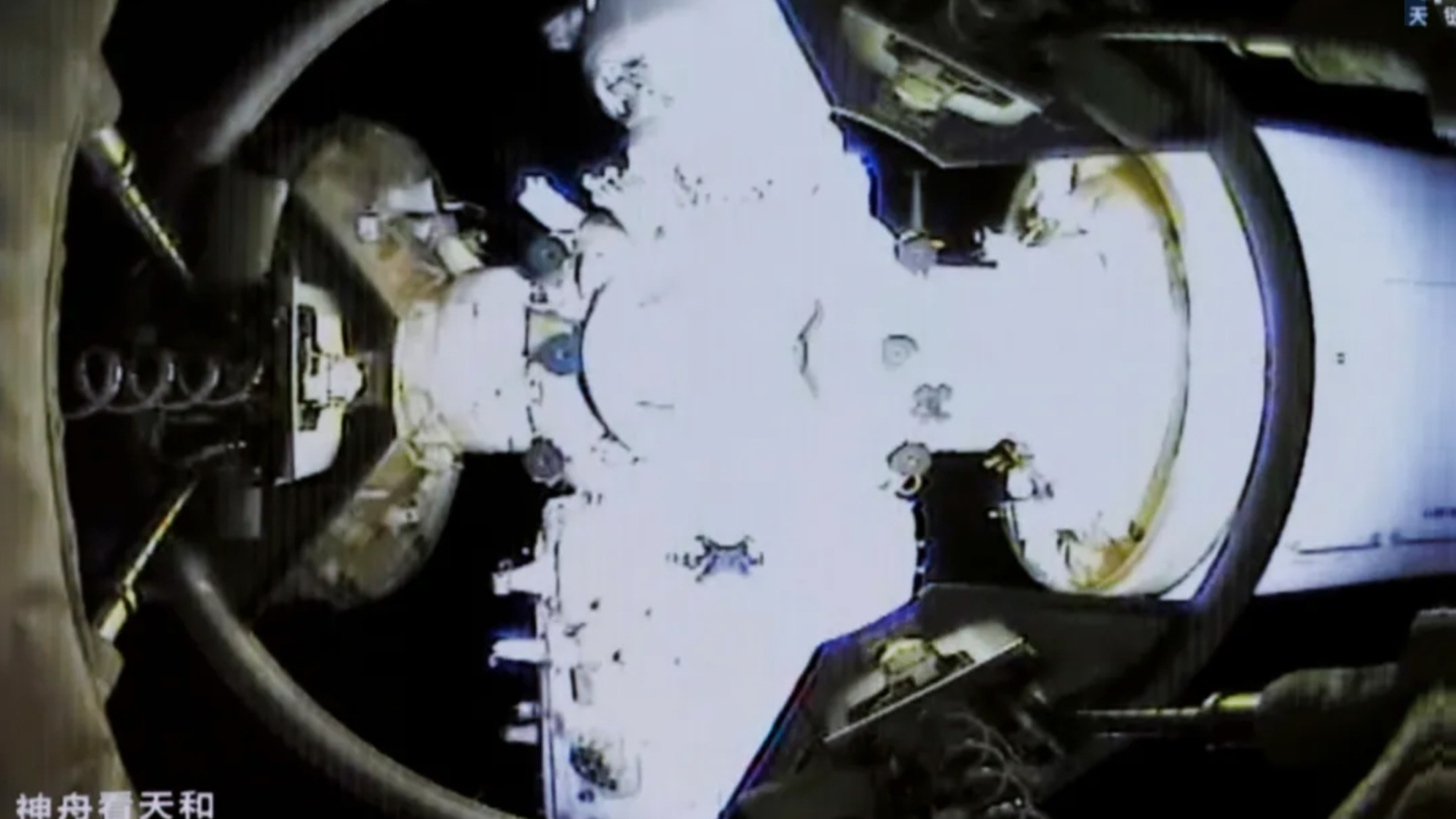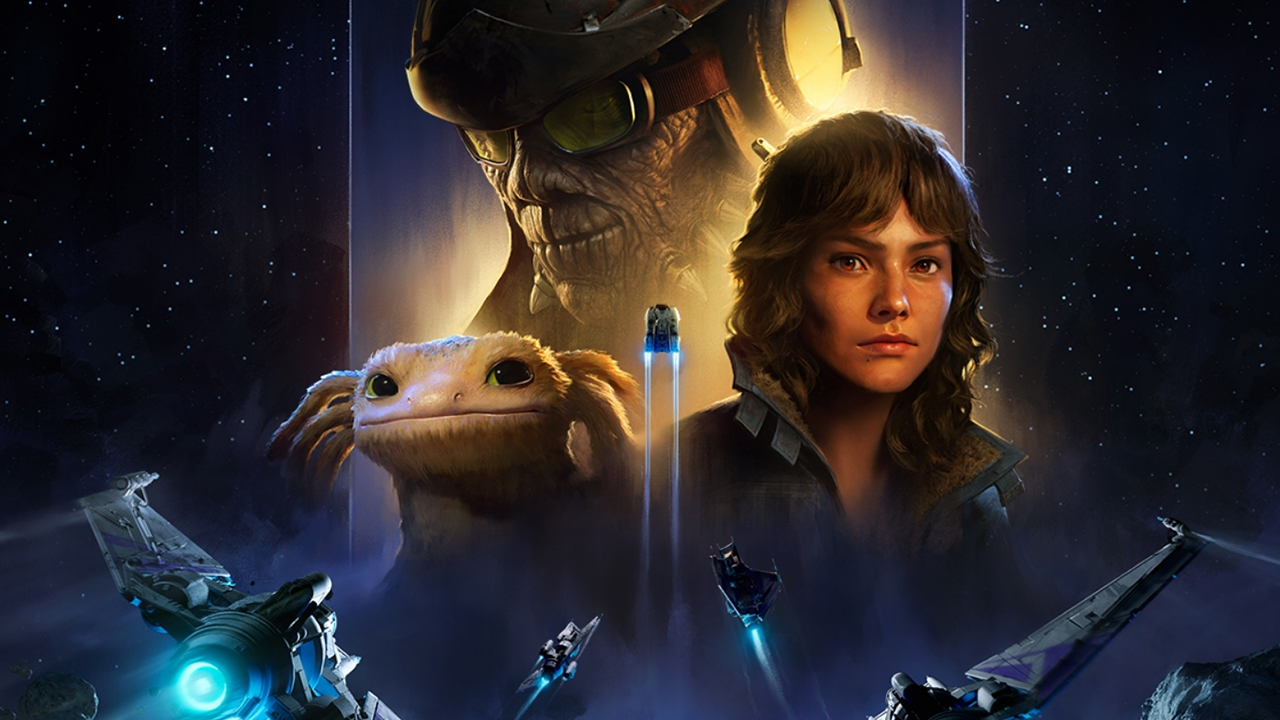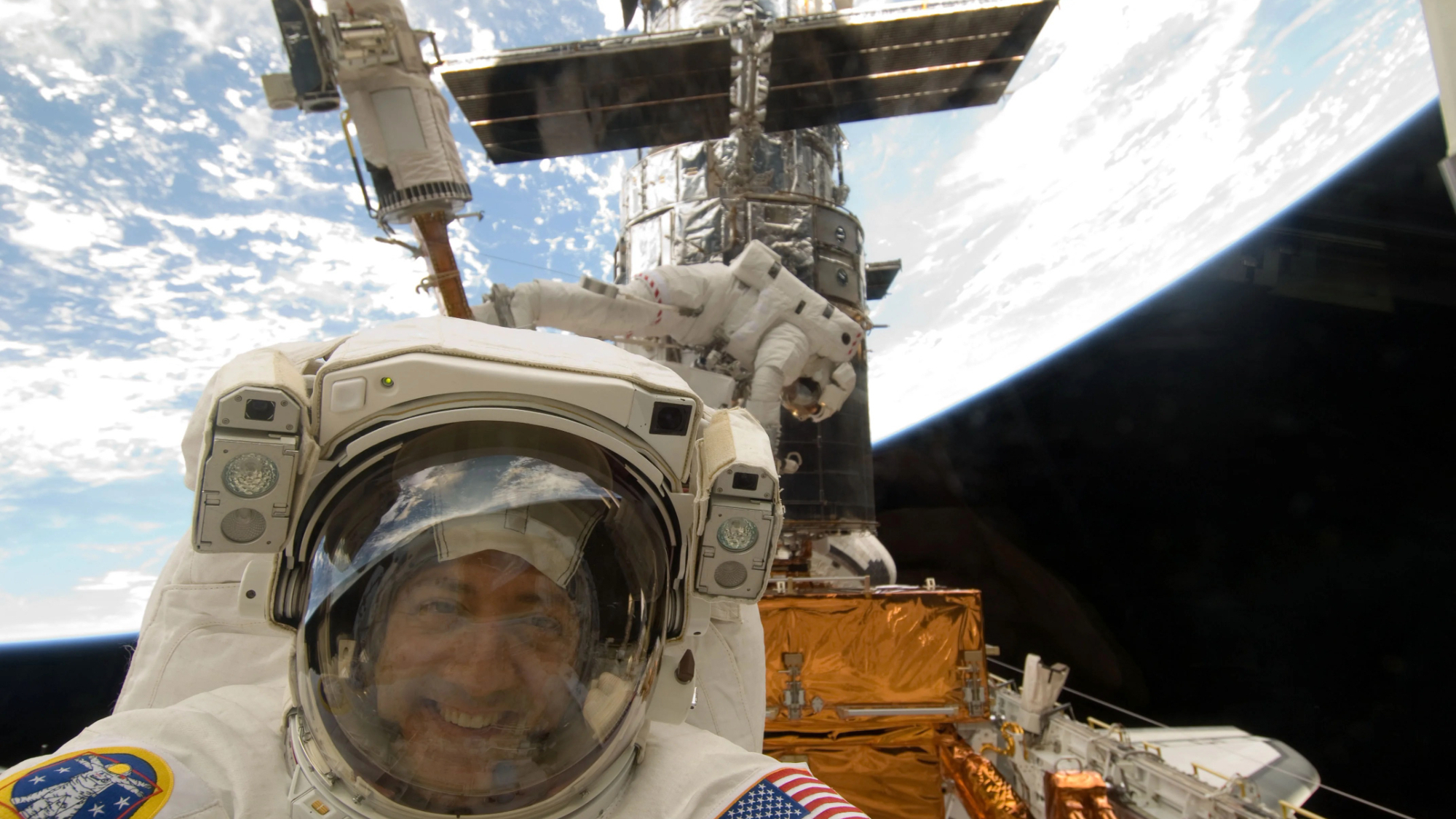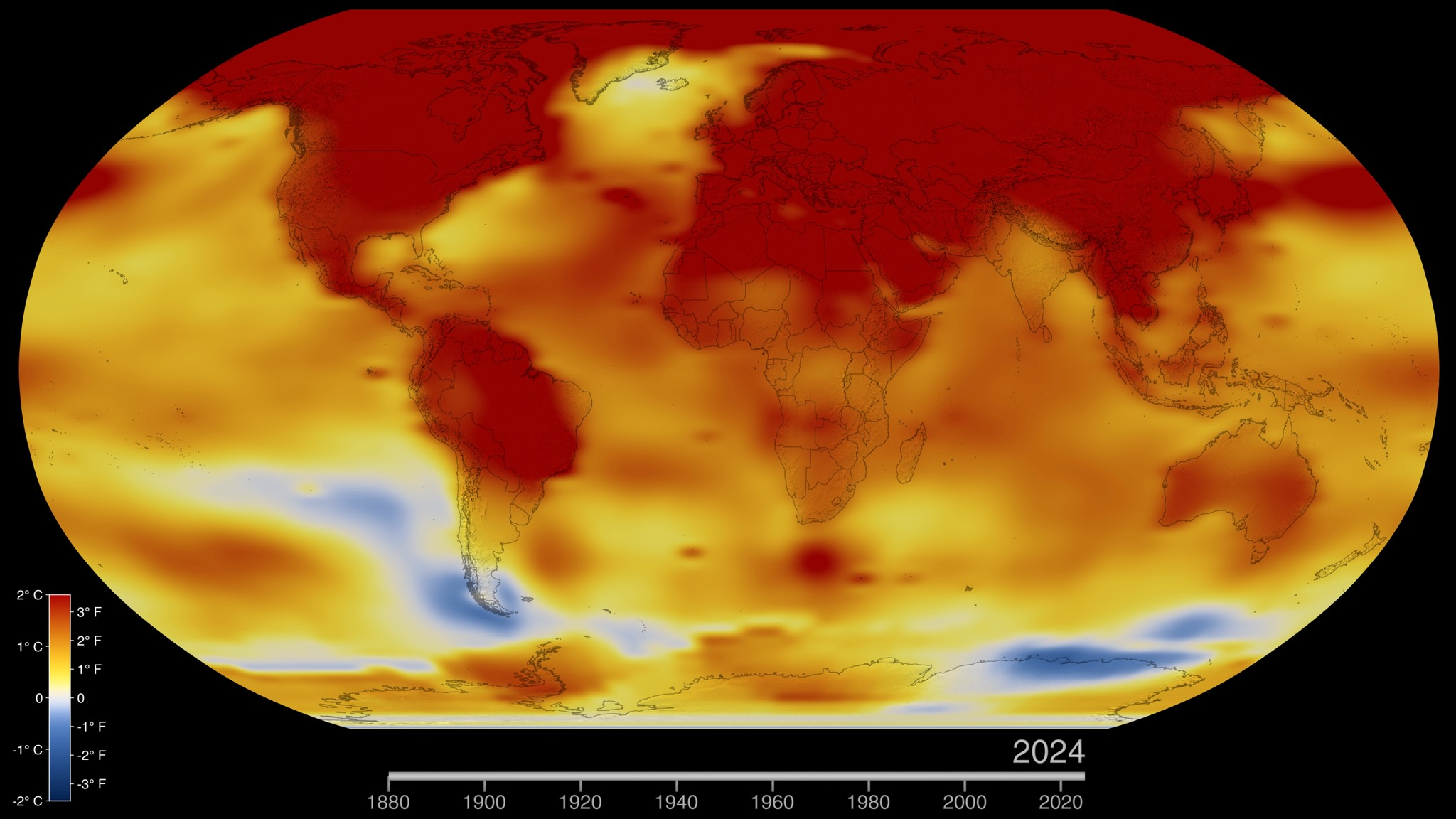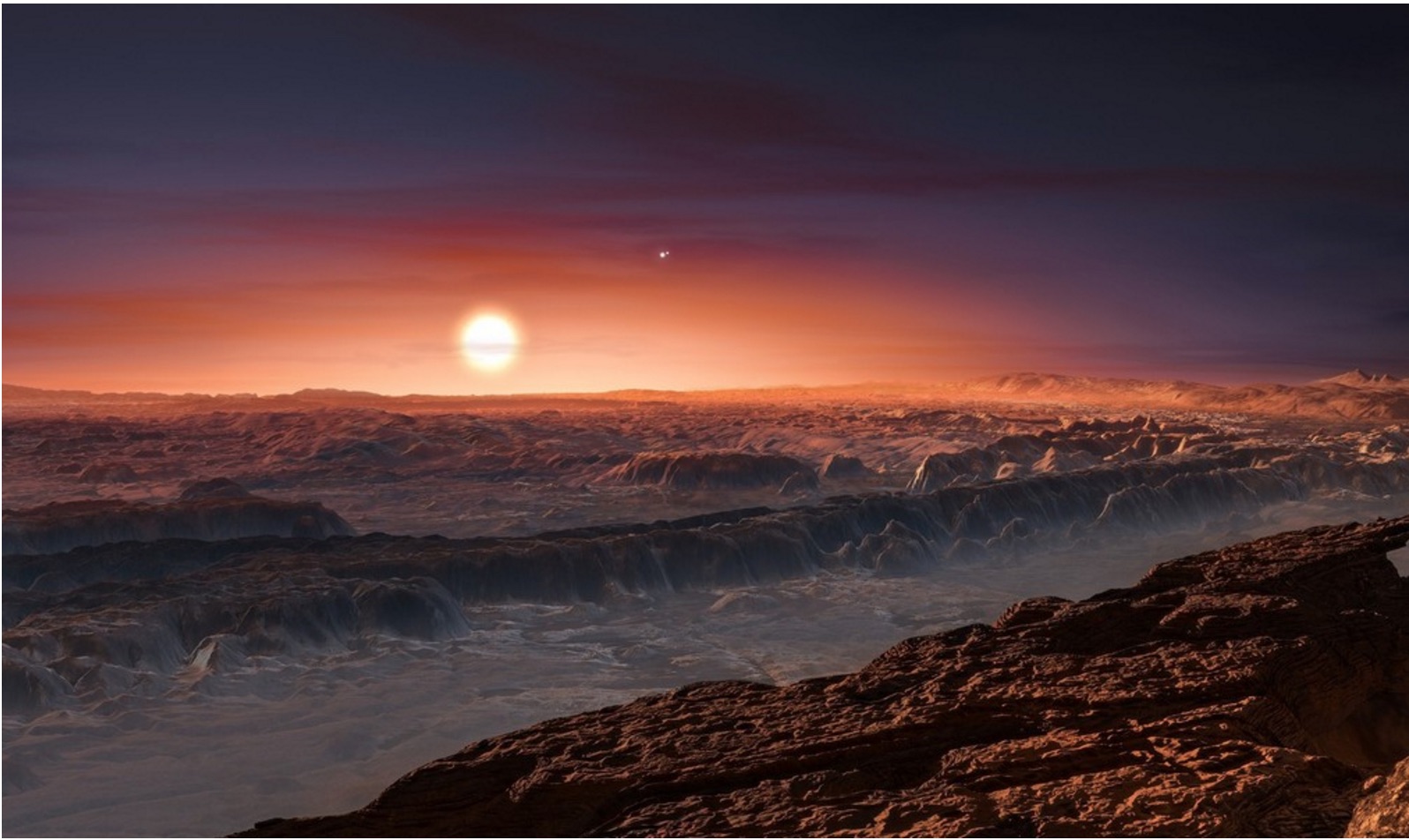
Two of the 10 most important scientists of 2016 are space researchers, according to the prestigious journal Nature.
Nature has named physicist Gabriela Gonzalez, part of the Laser Interferometer Gravitational-wave Observatory (LIGO) Scientific Collaboration, and astronomer Guillem Anglada-Escudé, leader of the team that discovered the exoplanet Proxima b, to the journal's annual list of "10 people who mattered in science."
In February, LIGO spokeswoman Gonzalez and the rest of the team announced the first-ever direct detection of gravitational waves, ripples in the fabric of space-time first predicted by Albert Einstein's theory of general relativity a century ago. The researchers announced a second detection in June.
In August, Anglada-Escudé and his colleagues told the world they had spotted a roughly Earth-size exoplanet orbiting Proxima Centauri, the closest star to the sun, at just 4.2 light-years away. This alien world, known as Proxima b, may even be capable of supporting life as we know it, the astronomers said.
The other eight scientists recognized by Nature are computer programmer Demis Hassabis, Zika virus researcher Celina Turchi, fertility specialist John Zhang, biochemist Kevin Esvelt, marine biologist Terry Hughes, atmospheric chemist Guus Velders, physicist Elena Long and Alexandra Elbakyan, creator of Sci-Hub, a website that allows people to download scientific papers without paying journals' fees.
"The scientists on the 2016 Nature's 10 list are a diverse group, but they have all played important parts in major scientific events this year, with the potential to effect change on a global scale," Richard Monastersky, a News Features editor at Nature, said in a statement.
You can read more about "Nature's 10," which were announced Monday (Dec. 19), here: http://www.nature.com/news/nature-s-10-1.21157
Get the Space.com Newsletter
Breaking space news, the latest updates on rocket launches, skywatching events and more!
This is not the first high-profile accolade for the LIGO group. The team also won Physics World's "Breakthrough of the Year" award, the 2016 Gruber Cosmology Prize and the Breakthrough Foundation's "Special Breakthrough Prize in Fundamental Physics" (which comes with a $3 million purse), among other honors.
Follow Mike Wall on Twitter @michaeldwall and Google+. Follow us @Spacedotcom, Facebook or Google+. Originally published on Space.com.
Join our Space Forums to keep talking space on the latest missions, night sky and more! And if you have a news tip, correction or comment, let us know at: community@space.com.

Michael Wall is a Senior Space Writer with Space.com and joined the team in 2010. He primarily covers exoplanets, spaceflight and military space, but has been known to dabble in the space art beat. His book about the search for alien life, "Out There," was published on Nov. 13, 2018. Before becoming a science writer, Michael worked as a herpetologist and wildlife biologist. He has a Ph.D. in evolutionary biology from the University of Sydney, Australia, a bachelor's degree from the University of Arizona, and a graduate certificate in science writing from the University of California, Santa Cruz. To find out what his latest project is, you can follow Michael on Twitter.




